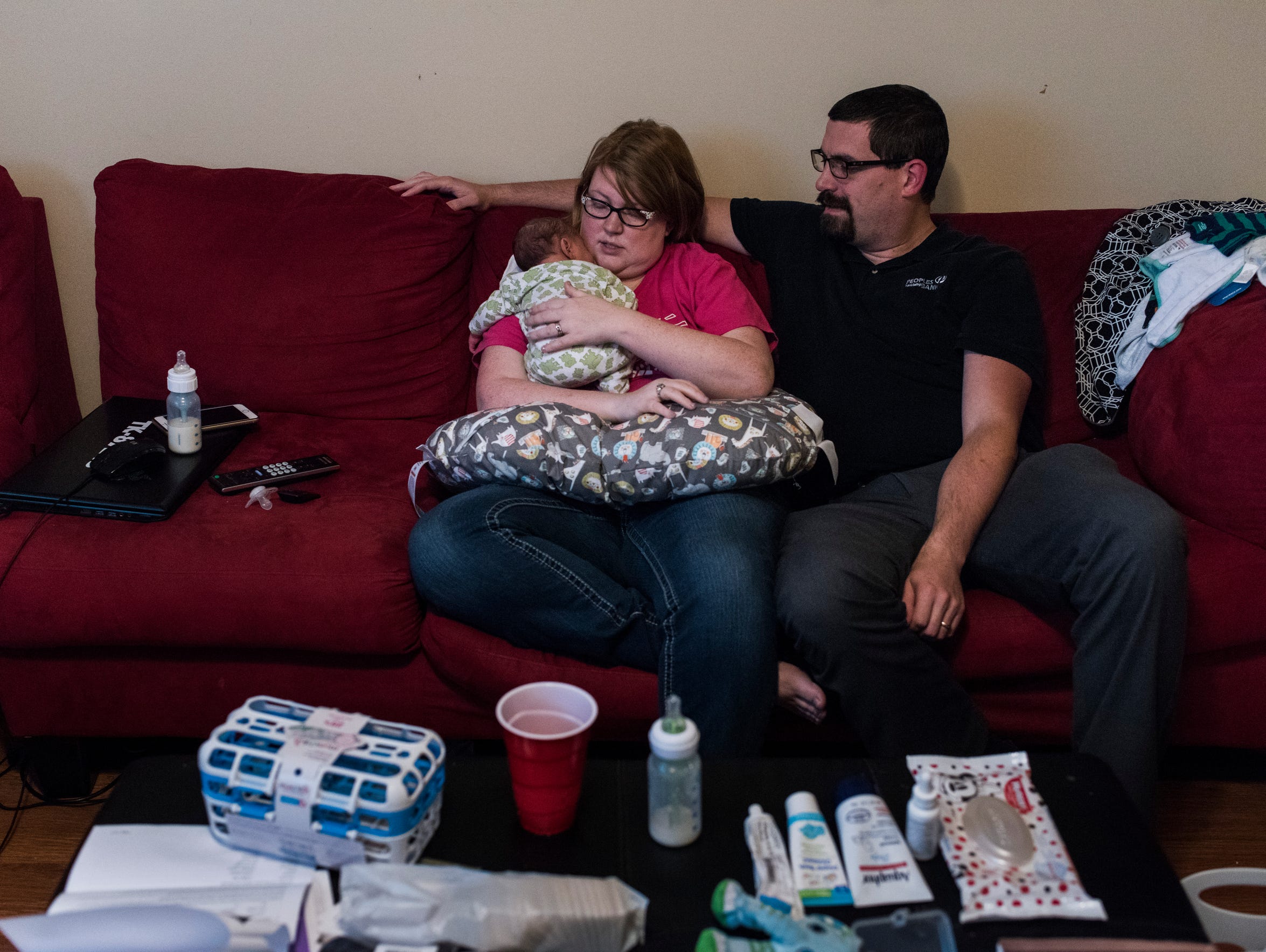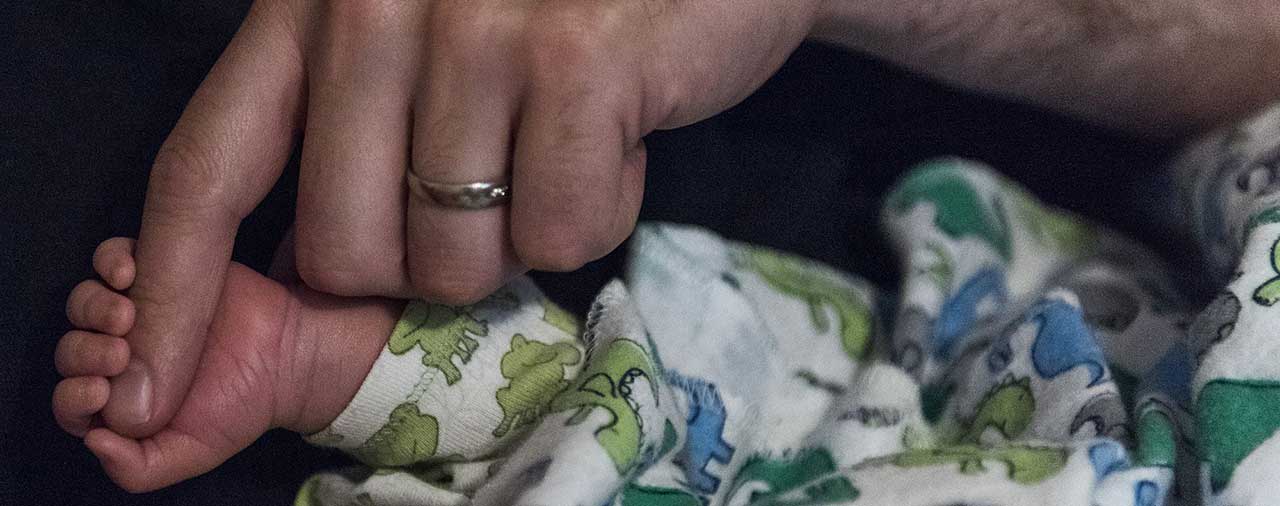State foster care systems that are in crisis.
by Jessie Higgins of Evansville Courier & Press
THE FOSTER CARE SYSTEM IN INDIANA IS IN CRISIS.
There are not enough foster families to care for the growing number of children in state custody.
It’s to the point the Indiana Department of Child Services is placing children in homes in different counties – sometimes hours away from their hometown. Siblings are scattered. Some children are left with their parents, long after they lose custody.
“I’ve had (a DCS worker) tell me, ‘If you can’t find a place, this kid is going to be staying the night in the office,’” said Nicole Schultz, the director of admissions for The Villages Foster Care of Southern Indiana. “That’s how severe the situation is now.”
State foster care systems that are in crisis.
In Vanderburgh County in May, there were 857 children in DCS custody. There were 150 foster homes.
We are in a crisis as a state right now. We need foster families, and as soon as possible.Nicole Schultz, director of admissions for The Villages Foster Care of Southern Indiana
The Villages is a private foster care company that used to take kids that standard foster homes would not – kids with behavior problems, teenager or large groups of siblings.
“That has totally changed now,” Schultz said. “Now, we take anyone. We have to. I got 50 referrals so far in June. Of those, I was able to place three.”

The cause of the sudden crisis is no mystery, state officials say.
State foster care systems that are in crisis.
It’s the opioid epidemic.
“For some places, it is prescription pills, some places it is heroin,” said James Wide, a spokesman for DCS. “The common thread is, these drugs comatose the users so they’re not thinking about their children.”
The foster home shortage became critical about three years ago as opioid abuse in Indiana reached epidemic levels.
The number of children with addicted parents entering foster care skyrocketed. At the same time, kids were remaining in care longer.
It can take parents with opiate addictions a long time to regain custody. They have to get clean first. Recovery takes time – and is often peppered with relapses, Wide said.
Judges hesitate to grant parents’ custody until they show uninterrupted periods of sobriety, Wide said.
The result is an overcrowded foster care system that can further traumatize children.
“It’s already traumatic for the kids if we’re involved,” Wide said. “We don’t want to make it worse.”
The state would prefer that children be placed close to home. That way they remain in their schools and around other community supports.
It’s not always possible, Wide said.
“Right now, say, we’ll get a kid from Evansville, and the next closest place is in rural Pike County,” Wide said.
Because there are so few places, many kids are placed temporarily in a foster home, only to be quickly moved a few months – or even days – later.
“A family may have an opening for just a few days,” Schultz said. “So we put them there, then figure out what to do next.”
The frequent movement between homes can be traumatic for children.
“Kids need stability,” said Ashley McReynolds, a local foster parent.
McReynolds experienced this firsthand when she became a foster parent. Her foster daughter, Lily, moved between families several times before arriving at the McReynolds home.

